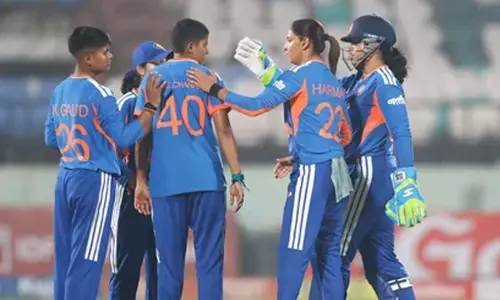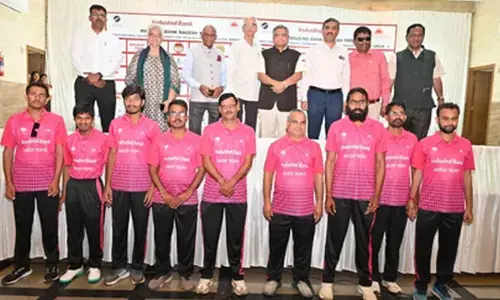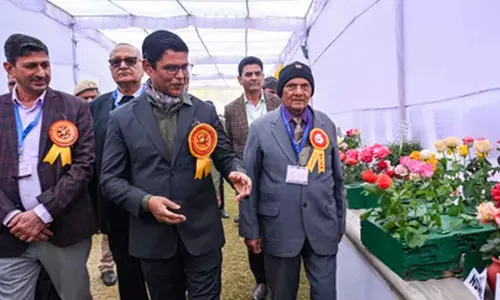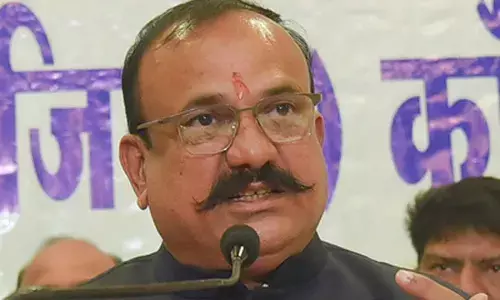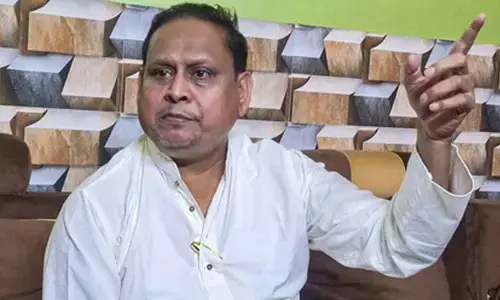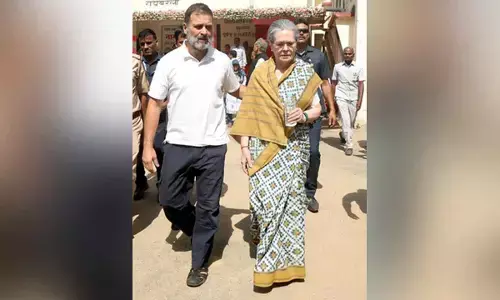Out-of-pocket expenditure in India decreasing amid govt's healthcare push
Share :

The out-of-pocket expenditure (OOPE) by the common people on health in India is decreasing, largely due to increased government investment and an improved public healthcare framework, the Centre said on Sunday.
New Delhi: The out-of-pocket expenditure (OOPE) by the common people on health in India is decreasing, largely due to increased government investment and an improved public healthcare framework, the Centre said on Sunday.
The National Health Accounts (NHA) data for 2021-22 reveals a positive trend.
As per the data, between 2014-15 and 2021-22, government health expenditure (GHE), as a percentage of GDP, rose from 1.13 per cent to 1.84 per cent. Additionally, GHE’s share of overall government spending grew from 3.94 per cent to 6.12 per cent, reflecting a robust commitment to public health. During the same period, per capita health spending tripled from Rs 1,108 to Rs 3,169, according to a statement by the Ministry of Health and Family Welfare.
"This increase allows the government to strengthen public healthcare infrastructure, making services more affordable and accessible to the public, thereby directly reducing OOPE," it added.
OOPE in healthcare refers to the money people pay directly from their own pockets for medical services, such as doctor visits, medicines, and hospital stays.
Social Security Expenditure on healthcare, including government-funded health insurance and social health programmes, rose from 5.7 per cent of total health expenditure (THE) in 2014-15 to 8.7 per cent in 2021-22.
"This expansion protects individuals from catastrophic health expenditures and lowers their OOPE (NHA 2021-22)," said the government. Programmes like Ayushman Bharat, along with various state-level health insurance schemes, have provided insurance coverage to economically vulnerable populations. This reduces their reliance on personal finances for healthcare, contributing to the decline in OOPE.
According to the government, the decline in OOPE makes healthcare services more affordable, encouraging individuals, especially in rural areas, to seek medical care without financial worry. This leads to more equitable access to healthcare across various socio-economic groups.
"Reduced OOPE allows the public healthcare system to cater to a broader population base, distributing healthcare resources more equitably and strengthening the overall system to handle increased demand," said the government.
The decline in OOPE and strengthened public healthcare funding align with India’s long-term goal of achieving universal health coverage. With ongoing investments, the nation moves closer to a system where healthcare access is a right rather than a privilege.









